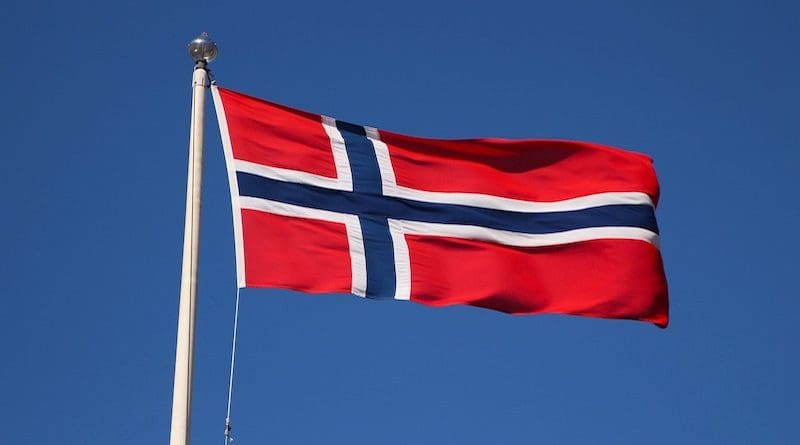Understanding Indonesia-Norway Bilateral Relations In 2024 – OpEd
Indonesia and Norway have a history of cooperation that belies their geographical separation. Both countries have a relationship that works and interests they hold in common. Where traditional areas of collaboration include maritime security and fisheries management, the year 2024 brings rich new possibilities for intensive efforts, particularly revolving goals around that are of concern to both nations: renewable energy and sustainable development. But nurturing this connection means recognizing problems that occur and building ties through political dialogue, business partnerships, and cultural exchange.
Currently, Indonesia-Norway relations are good. At present, the countries have been working together in maritime security and sustainable fishing which is going on for now. Illegal fishing is a big problem for both countries hence Norway has been voicing support for Indonesian efforts to endure this problem. As in Norway, they share their knowledge in fisheries management and marine research. Overly Norway and Indonesia still need to enhance especially in trade. The trade depends too much on oil and gas savvy by Indonesia. Nonetheless, expected in 2024 Indonesia and Norway make agreements to diversify trade in their relationship.
In the future, several areas ripe are for cooperation. Indonesia which has ambitious plans to clean promote energy, is a natural partner for Norway a global leader in renewable and sustainable energy technologies. Cooperation in the future could be just offshore wind and hydropower and energy efficiency could play a significant role in Indonesia’s green transformation. Also exploiting the entering the maritime industry, innovative joint between ventures Norway and Indonesia in the development of sustainable solutions in maritime industries.
In addition to this, strengthening economic cooperation is vitally important. While Norway is a big investor in oil and gas in Indonesia there is vast potential in non-resource sectors such as infrastructure development and maritime technology. By facilitating business missions and joint ventures the doors to these fields can be opened leading both countries toward prosperous growth.
Yet recognizing possible hurdles is also necessary when handling this relationship. Variations in mindsets of human rights and democracy may cause disagreements. Yet open dialogue conversation and, we may pass through that challenge. Furthermore, both countries are situated very far away and have so much diversity. That is why encouraging citizens to citizens exchange students through programs, cultural events, and scholarships will narrow the distance and construct a long-term relationship.
Building up strong bilateral relations will need a multi-faceted approach. The foundation for fostering cooperation is set with high-level visits and frequent dialogue between leaders and officials. To carry the talks the to final stage of implementation last at formal links must be created, bridging up ministries departments, and agencies.
In addition, the involvement of the sector private and non-governmental organizations (NGOs) can considerably expand the foundation of the relationship. By encouraging business missions and joint businesses not only economic ties but also thoughts on their respective markets could be deepened. Likewise, cooperation between and NGOs civil society organizations (CSOs) involves joint tasks such as environmental protection and supportable development.
Lastly, educational and cultural exchange programs are necessary for fostering long-term mutual understanding and respect. With the help of scholarships student exchange programs, events cultural, and more, both citizens have the opportunity to interact with each other. Through these cultural exchanges, people can create friendships and relationships that are at the foundation of the relationships they form.
To sum up, Indonesia and Norway have solid grounds for win-win engagement. By seizing opportunities in renewable energy sustainable development, and trade diversification the two nations can materialize their aspirations. Recognizing challenges and instilling comprehensive ties through high-level discussions business cooperation, and social exchange will forge a more vibrant, diverse, and profound bilateral bond beyond 2024.
The opinions expressed in this article are the author’s own.
References
- The Observatory of Economic Complexity: Norway (NOR) and Indonesia (IDN) Trade https://oec.world/en/profile/bilateral-country/nor/partner/idn
- The Ministry of Foreign Affairs of Indonesia https://kemlu.go.id/portal/en
- The Royal Norwegian Ministry of Foreign Affairs https://www.regjeringen.no/en/topics/foreign-affairs/id919/

